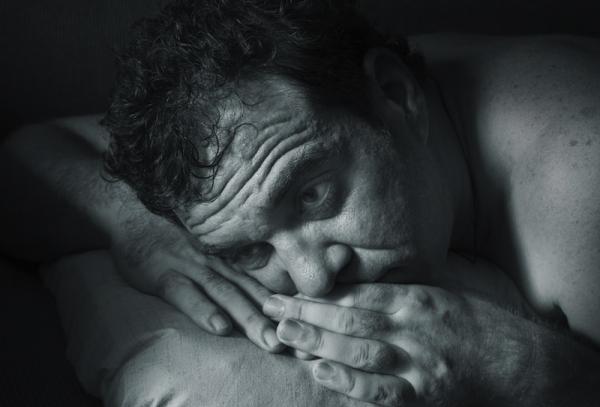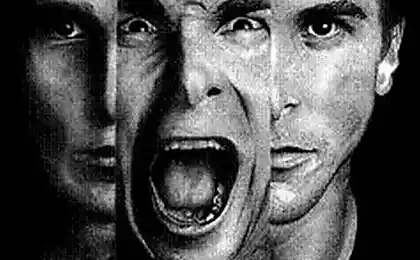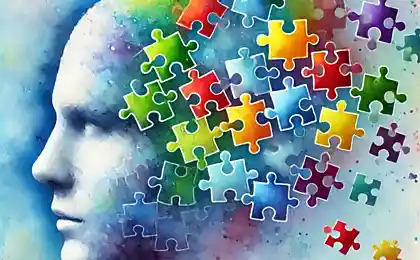995
Insomnia contributes to the development of schizophrenia

The monitoring of sleep and circadian rhythms in patients with schizophrenia found that schizophrenic patients are much more common insomnia, compared with mentally healthy people. Also in the course of studying the cycles of sleep and wakefulness in patients with schizophrenia mice was also detected this relationship, the researchers noted that insomnia is so closely associated with the disease, more than anything else.
Sleep disorders can occur for many reasons, such as genetic predisposition, the development of the nervous system, the impact of the environment.
Doctors have long recognized the close relationship of sleep disorders and schizophrenia - about 80% of patients suffer from sleep disorders. But before it did not pay enough attention, considering side effects due to the social isolation of patients.
Many mental disorders appear after insomnia, such as depression and bipolar disorder. It happens at the cellular level - so that the genes associated with circadian rhythm and biological neural systems that establish our sleep-wake cycles may play an important role in the development of mental disorders. For example, the gene SNAP25, according to geneticists, plays a key role in the circadian system, the "biological clock" of the body, and it is closely linked to development of schizophrenia.
The study was conducted as follows. Patients filled out questionnaires mental hospital on a daily basis, which indicates the time of sleep and wakefulness. All patients were treated with drugs to combat the symptoms have at least three months. Also under investigation passed urine, to determine the level of the hormone melatonin, which regulates sleep (melatonin makes people sleepy).
For comparison, the study also took part in 20 healthy people unemployed, who also led a written record of the duration of the sleep cycle. Unemployed people were chosen because people with schizophrenia and employment work can be absolutely incomparable performance as working people usually get up with an alarm clock, and not what do not want to sleep.
Comparison of the two groups showed that healthy people in the vast majority of regular sleep, no problem falling asleep. All the people from the group with schizophrenia have trouble sleeping. Basically schizophrenics go to bed late and get up late, but some trends have been identified to ensure that they have begun to wake up later and later, until the relocation of the light of day and night.
This comparison may indicate that these processes do not involve patients with unemployment, as usual healthy unemployed people had no sleep problems. But perhaps there is a link with sleep disorders are some medications that patients take psychiatric hospitals.
Further studies will be used to establish the impact of sleep problems at the beginning and the further development of schizophrenia, as well as to develop effective forms of treatment for these ailments.
Scientists have shown that the human desire to achieve the goal heals the body
5 unusual facts of saliva























